Ohio train accident--what we know so far, Chinese spy balloon needs investigations, the trauma of surviving a deadly earthquake
|
 | |||||
| February 17, 2023 | |||||
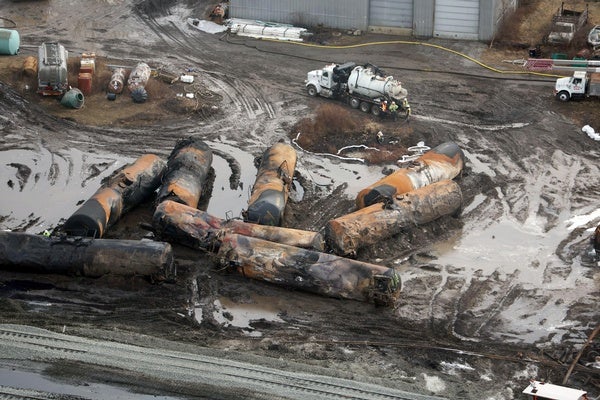 | |||||
| |||||
| |||||
| |||||
| |||||
| |||||
| |||||
| |||||
| |||||
| |||||
| |||||
| |||||
| LATEST ISSUES | |||||
| |||||
| Download the Scientific American App | |||||
|
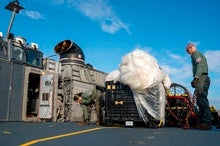
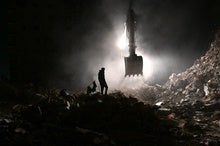

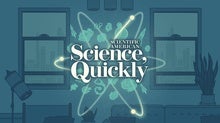
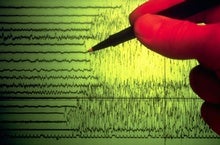
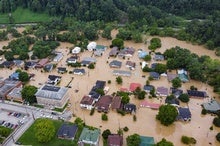

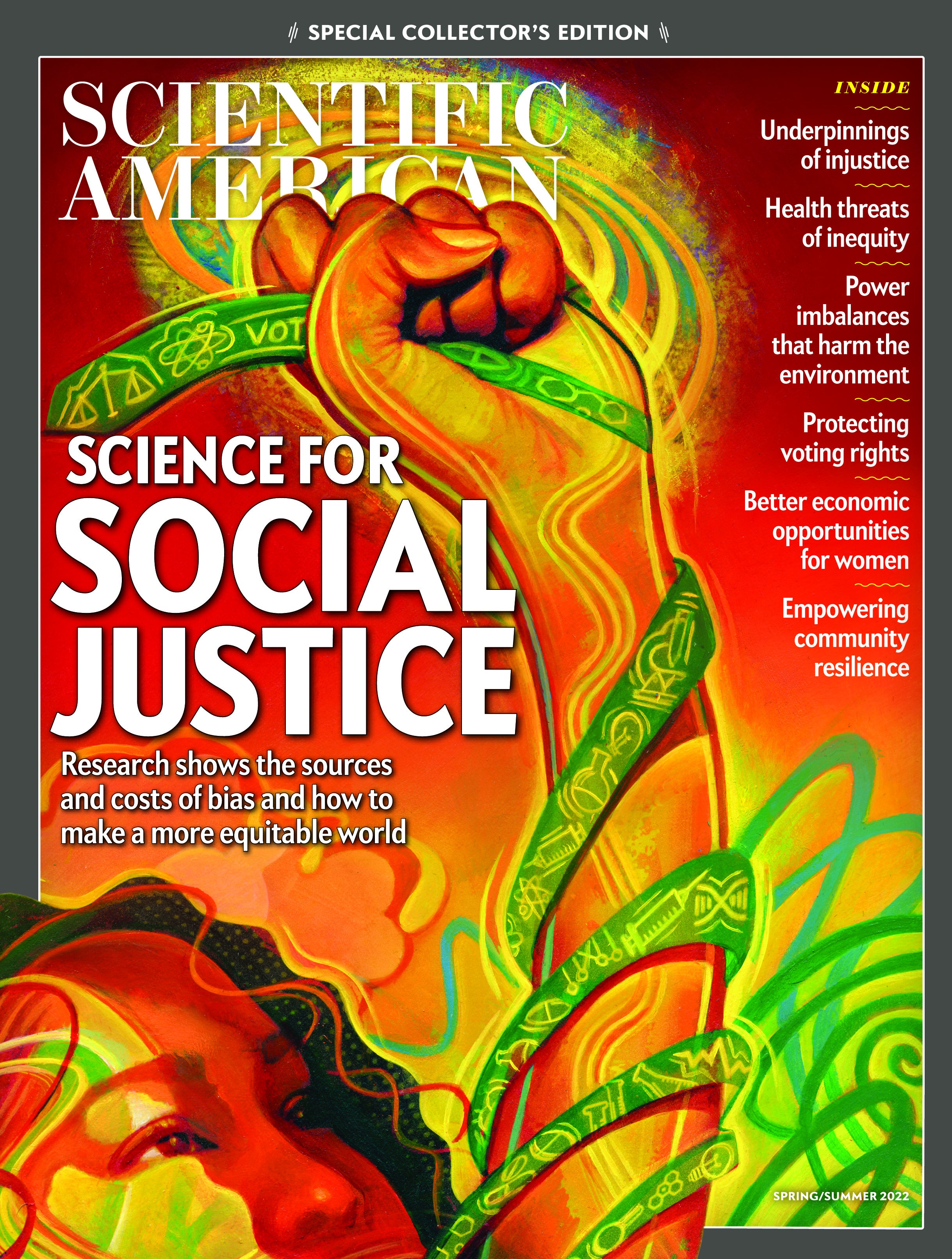

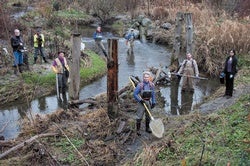
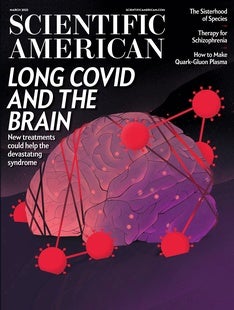

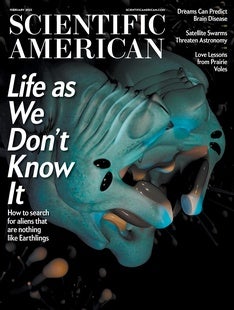
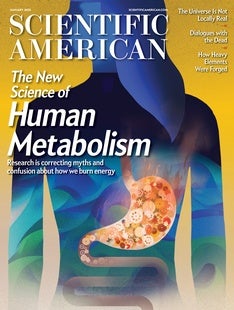
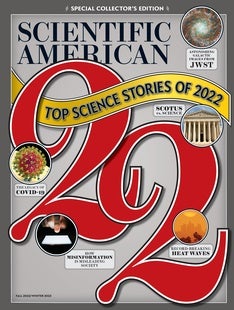



Comments
Post a Comment